Berlin: A city of the past, in the present
Few cities’ histories are written as conspicuously as Berlin’s. I knew before coming to Berlin that the city’s layout is famously defined by its history, but I was still surprised by the German capital.
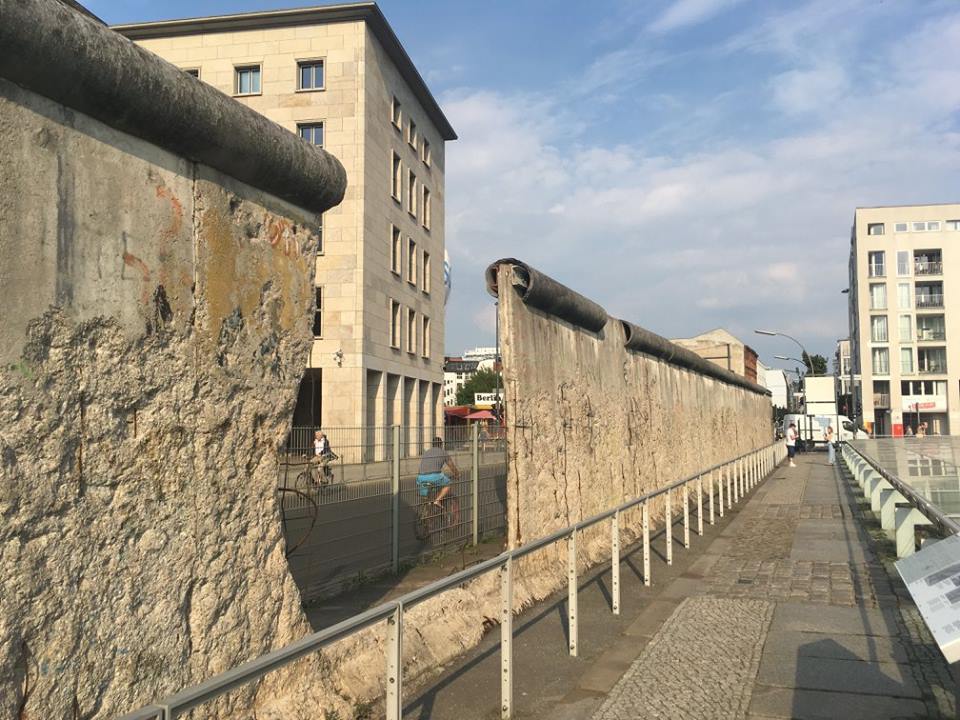
To begin with, the city doesn’t really feel like anywhere else in Germany. In fact, it doesn’t feel like anywhere else in the world – Rome is like an outdoor archaeology museum, but Berlin is like walking through the pages of a history book. And nowhere else have I felt history to be so omnipresent – everything in Berlin seems to have historic significance.
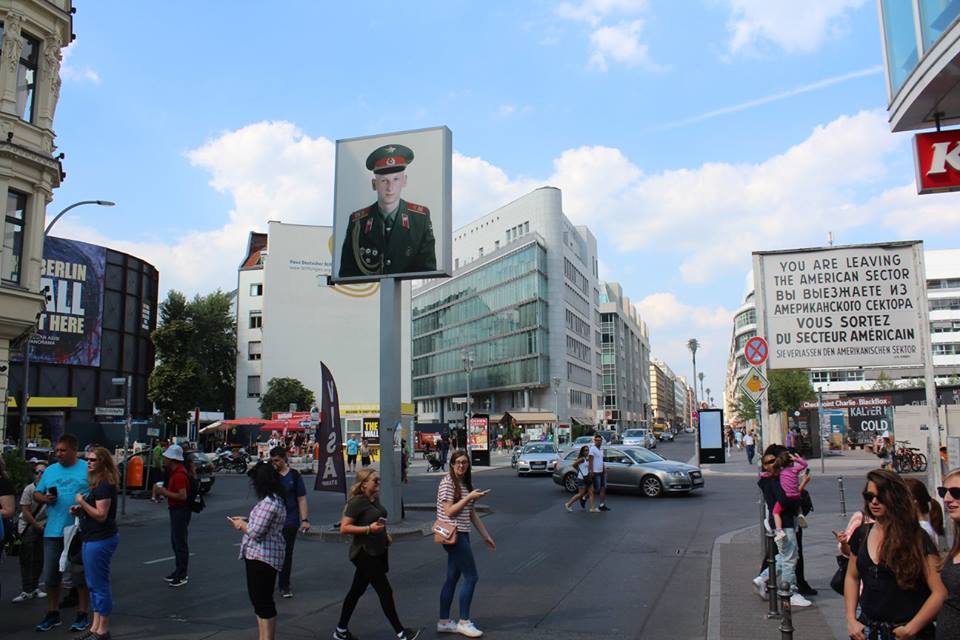
Checkpoint Charlie
Every street name I came across sounded familiar, or got me wondering about its meaning. Localities and landmarks like Checkpoint Charlie, Potsdamer Platz and Brandenburg Gate are simply thoroughfares in the city, as well as major venues for the theatre of world history.
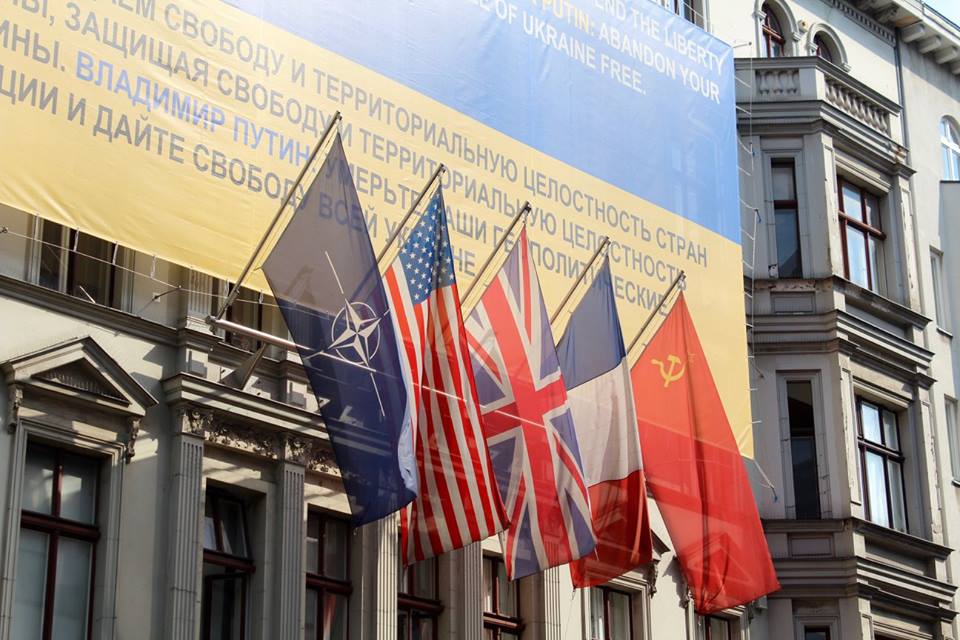
NATO, USA, UK, France and USSR flags still hang at the museum at Checkpoint Charlie
The reunited metro system still faintly bears the scars of the division of Berlin, and stations which were once “ghost stations” in enemy territory are now fully-accessible transit hubs. Bits of the Berlin Wall still exist, and old buildings adjacent to the wall have been redesigned as museums to living history. Even the pedestrian signage of Berlin’s communist sector lives on, with the distinctive “Ampelmännchen” of East Berlin being rolled out across the reunited city.
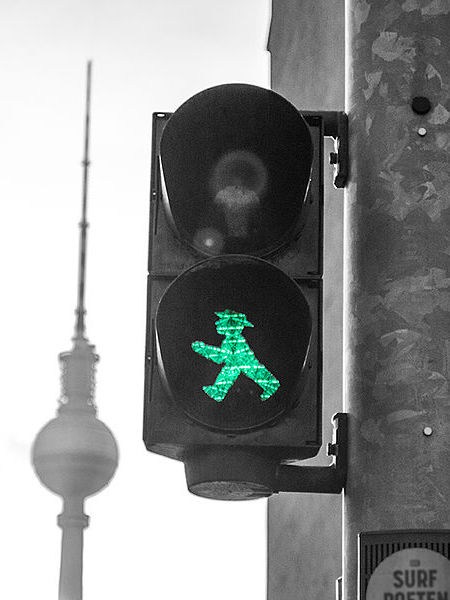
The “perky” East German style pedestrian signal that was retained after reunification (Image: LucasGM58, Wikimedia Commons)
As a student of modern European history, and a Cold War culture fan, I was like a pig in shit. The most obvious thing to start with was a trip to the East Side Gallery, the longest part of the Berlin Wall that still stands in the east of the city. It’s now covered with artwork, and is sometimes used to present modern political messages – when we were there, a photographic exhibition about the tragedy of Syria was being shown.
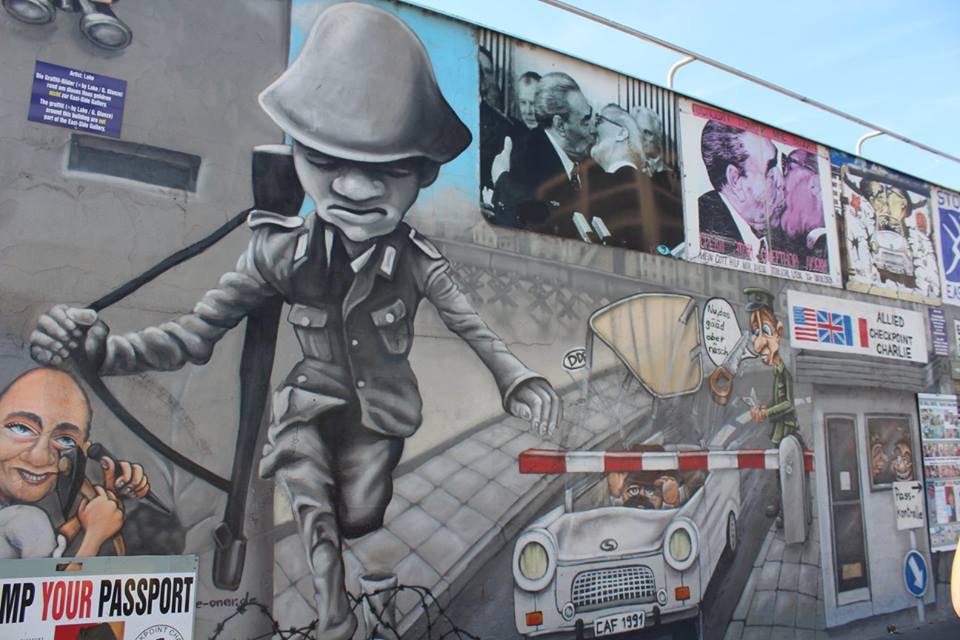
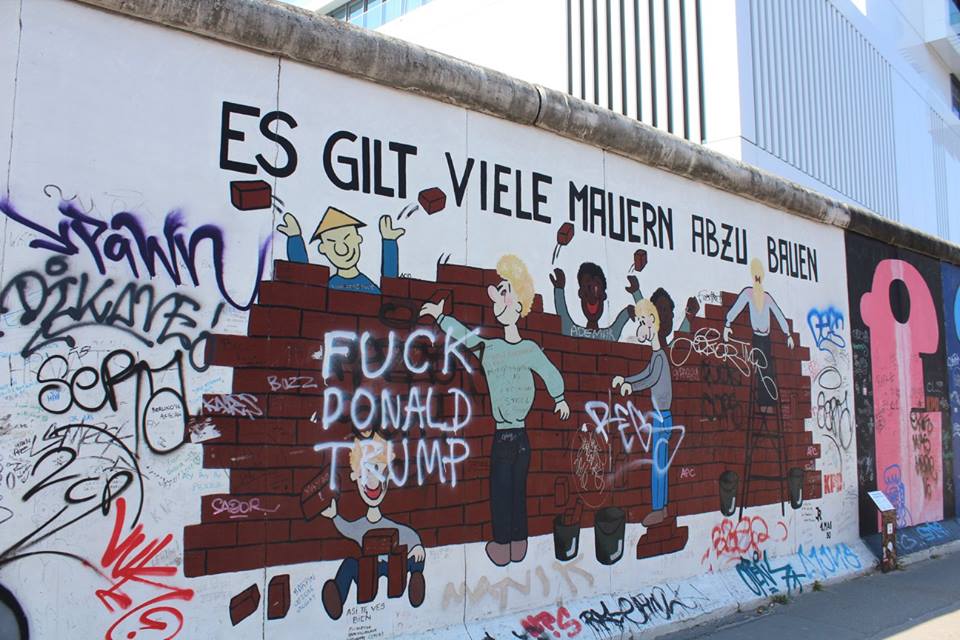
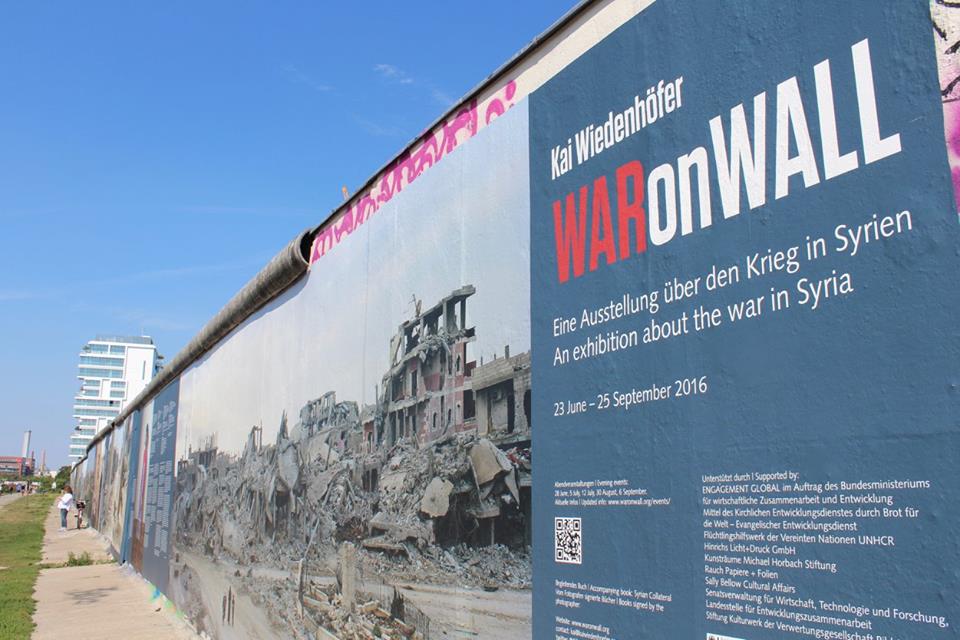
Another hotspot was Checkpoint Charlie, the point of crossing between the Soviet and the American sectors of Berlin. Nowadays the post is a tourist attraction, and as if to ram home the fact that the Cold War was won by the capitalist bloc, a McDonalds now stands just metres away.
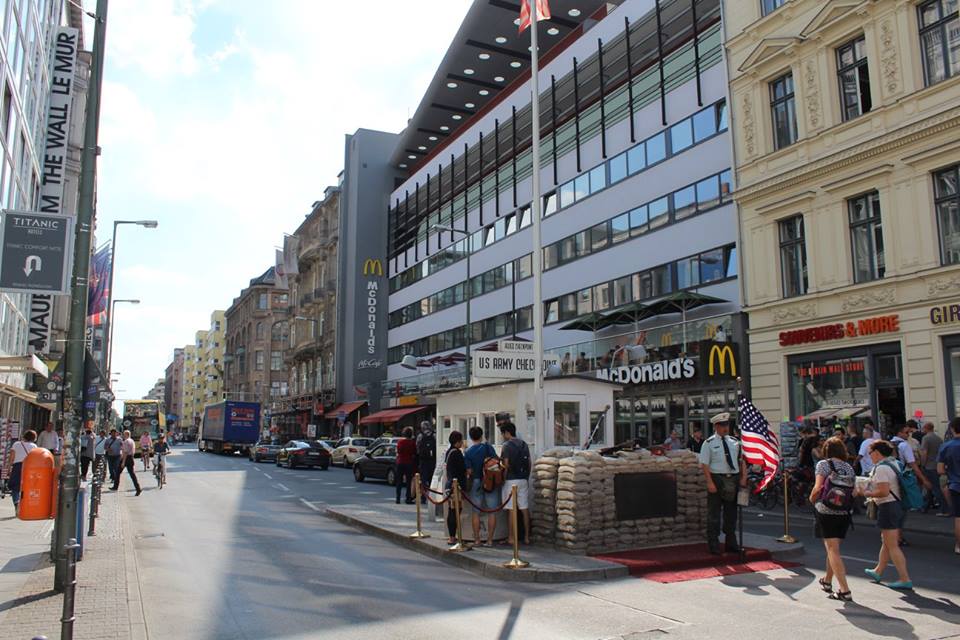
The “Topography of Terror” Museum, once the nerve centre for the Nazi regime’s security apparatus, delves into the psychological warfare that was visited upon Germany during Hitler’s reign. Not much further away lies the site of Adolf Hitler’s bunker and the location of his suicide, now a parking lot with only subtle signage to avoid any perception of glorification.
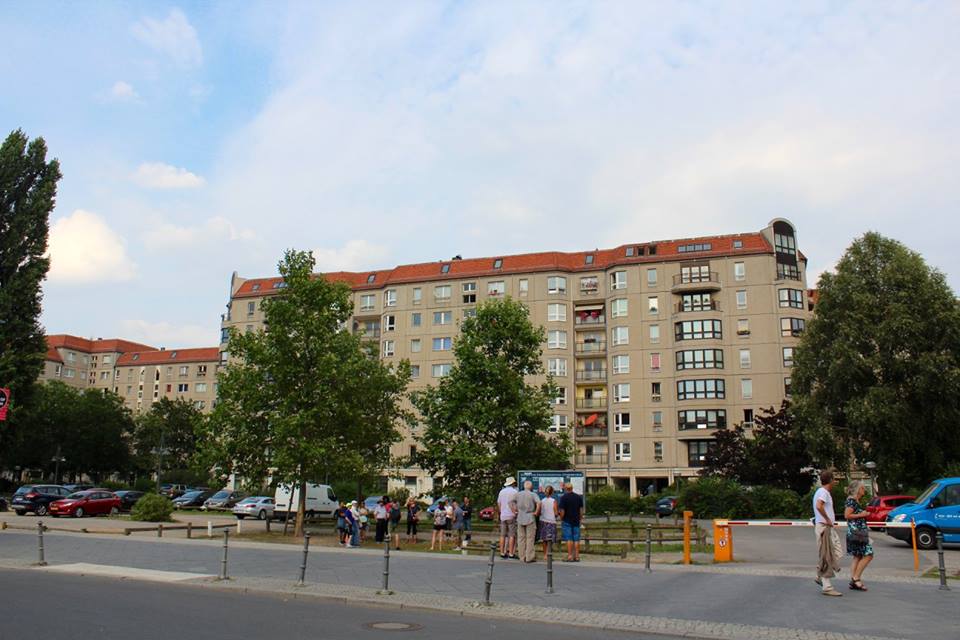
The nondescript site of Hitler’s bunker
A historic focus of the city lies along Ebertstraße (Ebertstrasse; Ebert Road) which extends north from Potsdamer Platz to Brandenburg Gate. Along this axis sit the memorials to those killed in the holocaust; a large, solemn and strangely disorientating concrete jungle in memory of the Jewish people who lost their lives, and a smaller, but no less poignant memorial to the homosexuals who were killed under the Nazi regime.
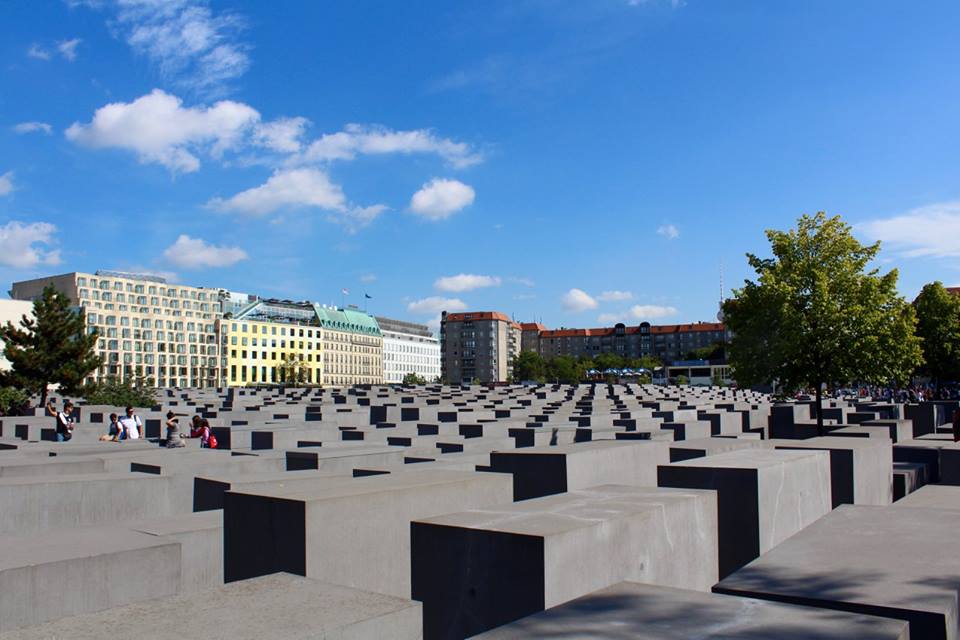
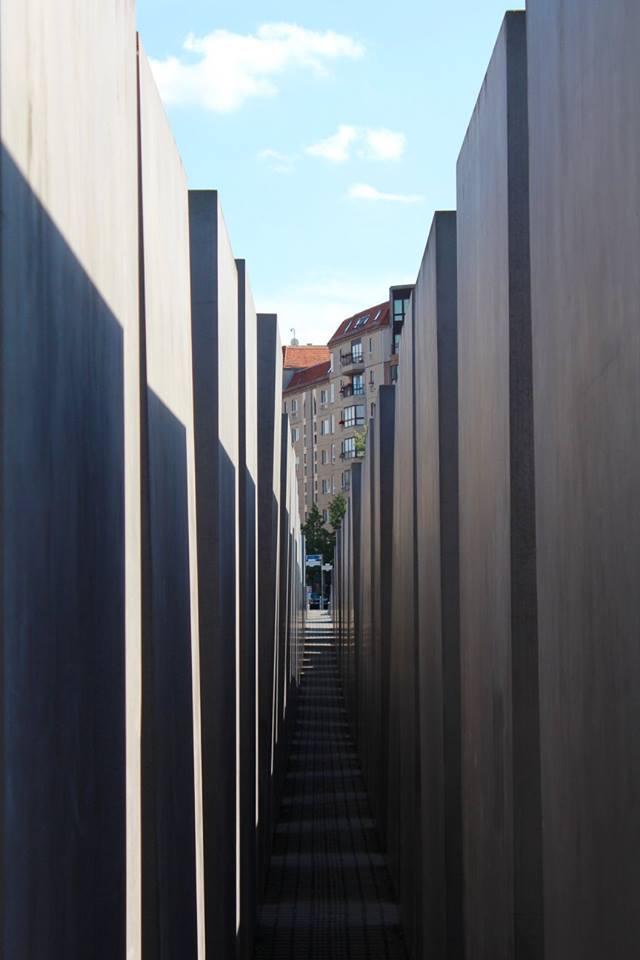
Further up the road is the Reichstag, the seat of German government, and site of several historic events, including the politically-motivated arson attack of 1933.
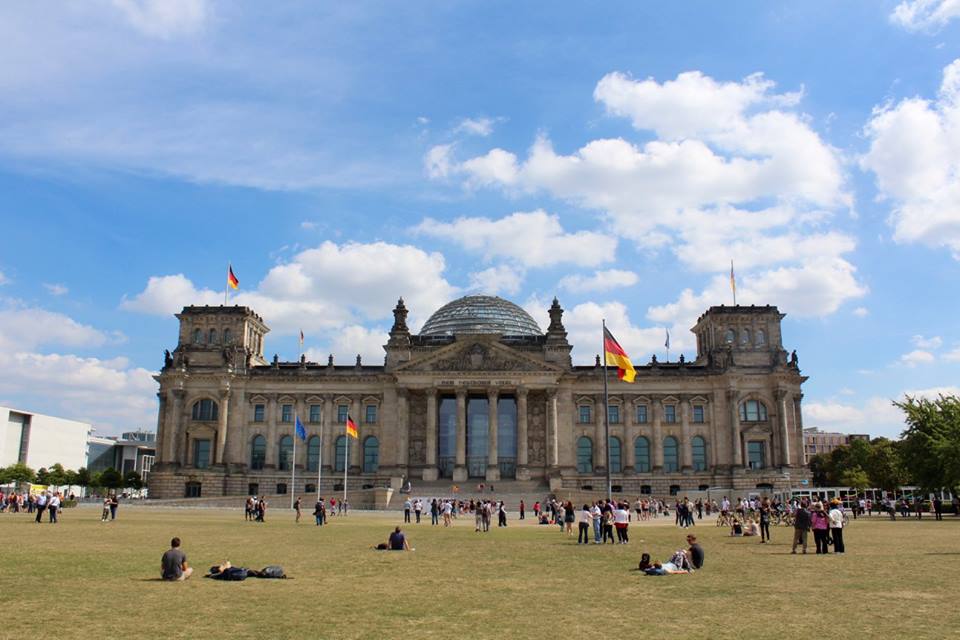
Around the corner is Brandenburg Gate, and in the vicinity of the gate, the memorial for the book-burning rituals of the Nazi regime, symbolised by a glass plate in the pavement and below, empty bookshelves.
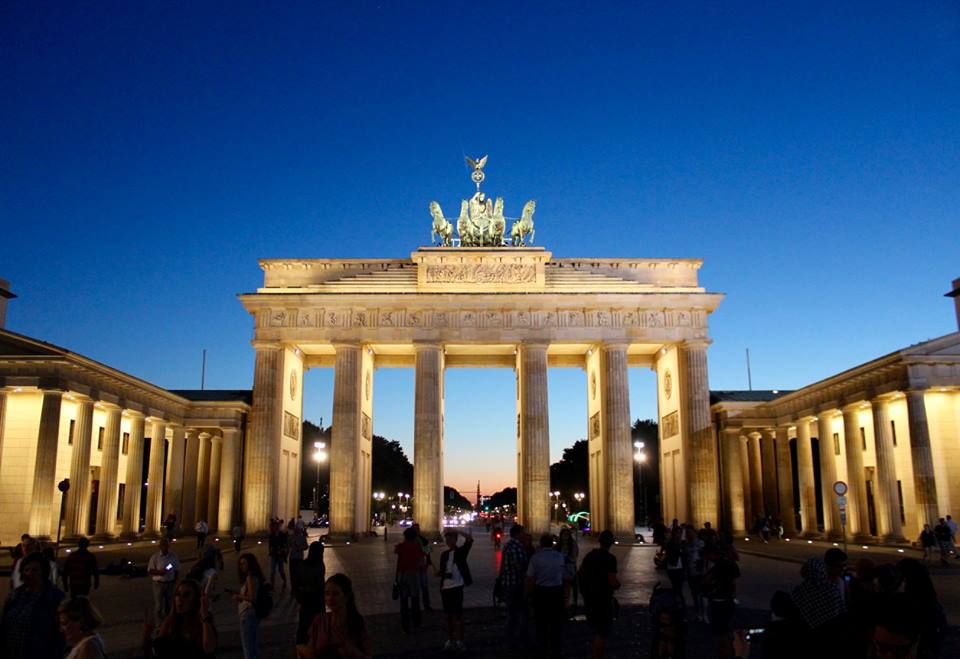
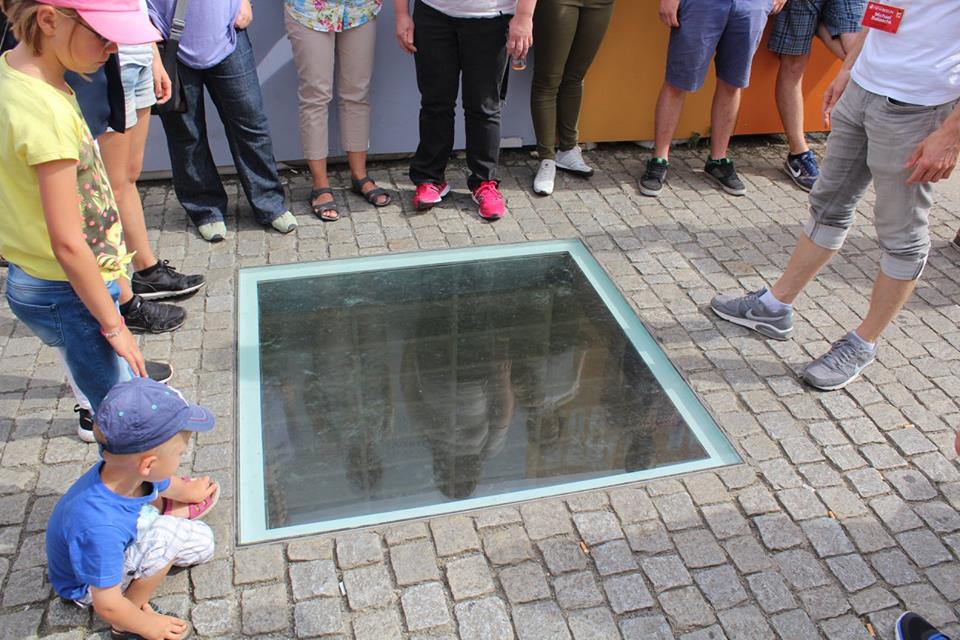
I rounded out my time in Berlin by perusing a couple of the city’s dozens of museums. My personal favourite was the small but modern DDR Museum, capturing and preserving relics of life from communist East Germany. “Ostalgie” is a German word made from the compounding of “ost” (east) and “nostalgie” (nostalgia) – it describes a sentimental longing for certain aspects of life under the German communist regime, and the DDR Museum certainly tries its best to satisfy any ostalgic feelings.
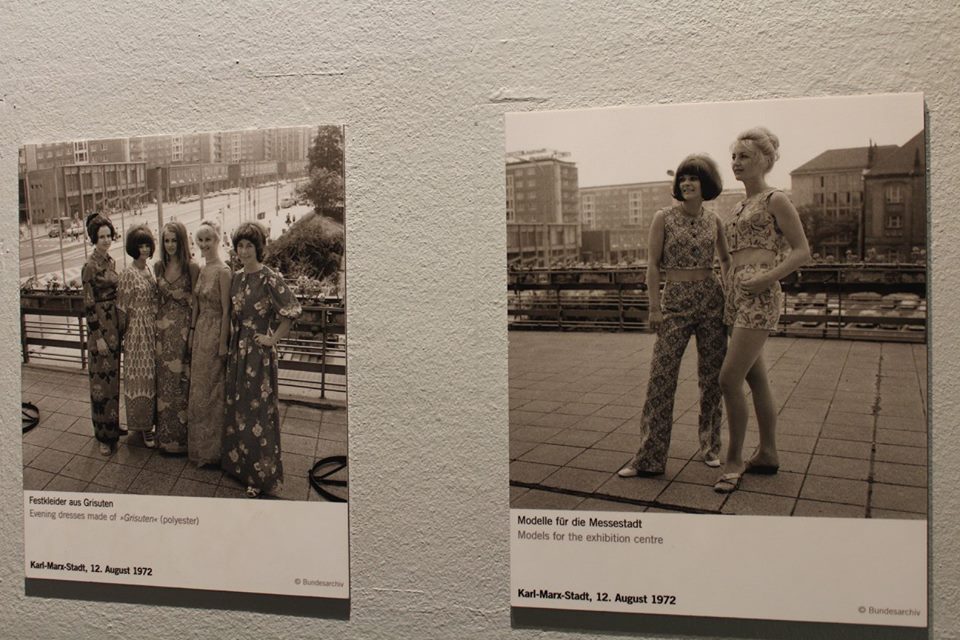
East German fashion in the DDR Museum
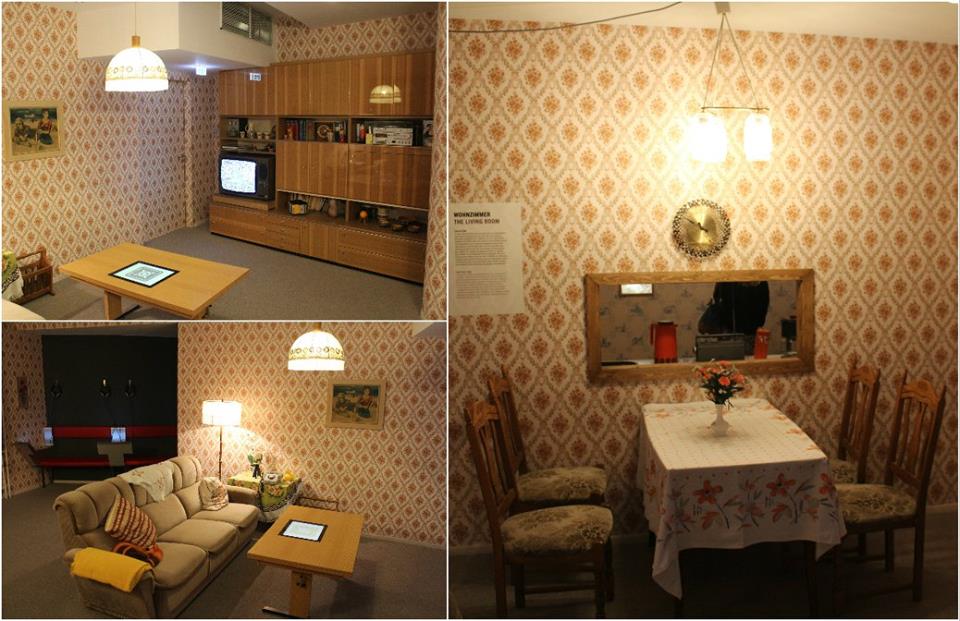
East German home furnishings at the DDR Museum
But while the DDR Museum was fun and my personal favourite, by far the most impressive museum was the Jewish Museum of Berlin. Here, the history is interactive, and the entire building is an artwork. Designed in the shape of a broken star of David, the weird angles, empty spaces, eerie dark voids and abstract artwork all leave the visitor with a palpable sense of unease, evoking the experience of Jewish life in Germany throughout history.
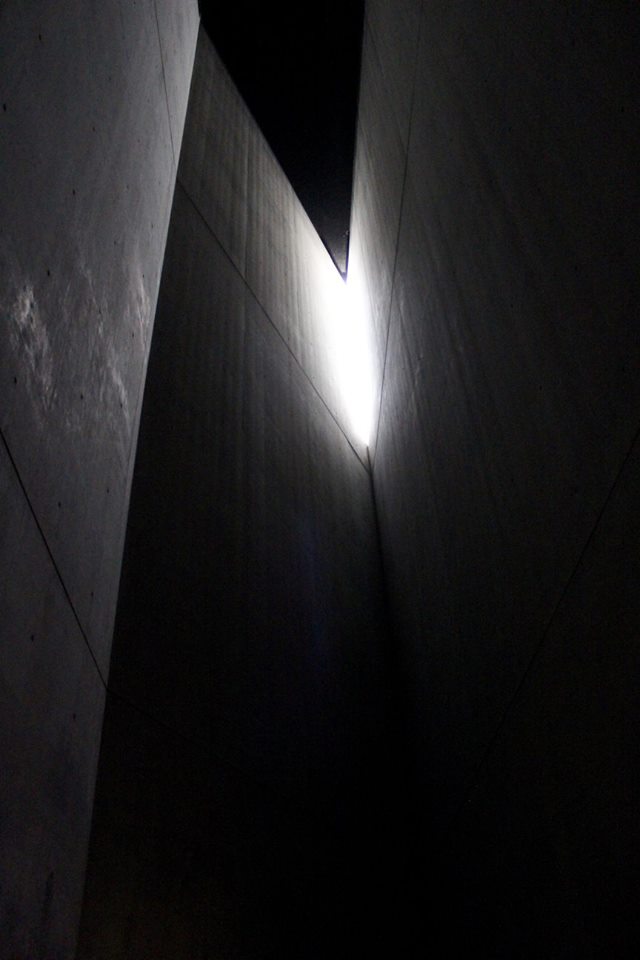
A chink of light escapes to illuminate the Jewish Museum’s “Holocaust Tower”
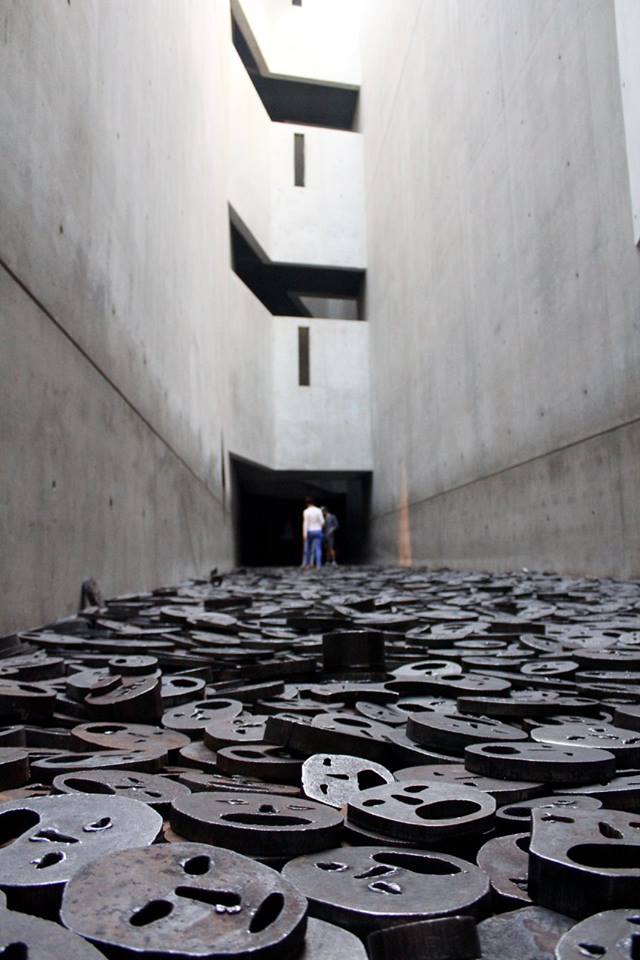
The Jewish Museum’s “Memory Void”, an abstract artwork where memories of triumph, tragedy and terror reside…
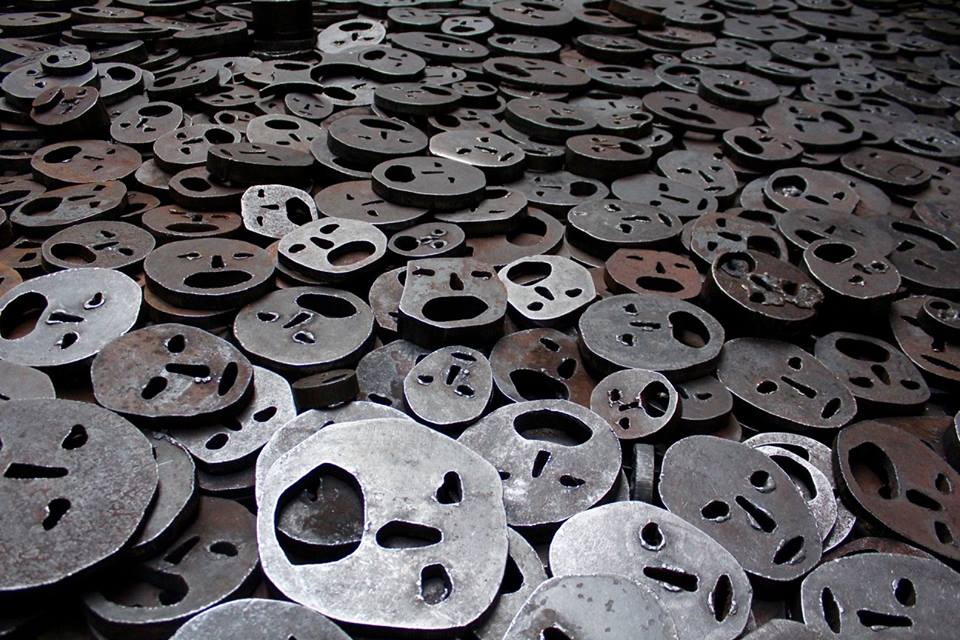
Simply, Berlin is an incredible city, and I haven’t been anywhere quite like it. I could easily spend days, weeks, maybe even months discovering more and more about her… this is one city where I certainly have unfinished business.
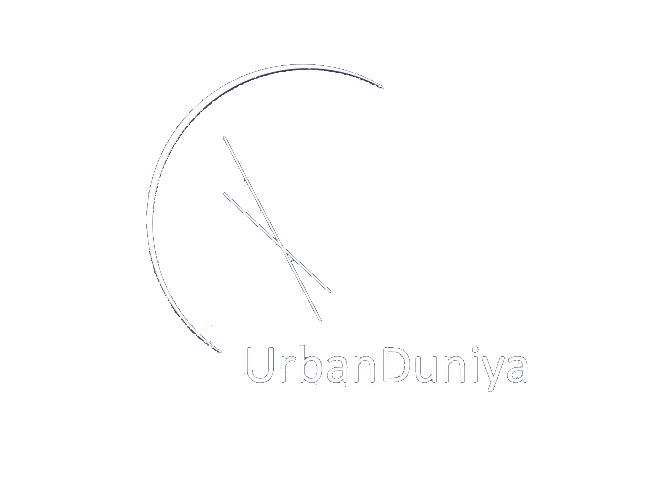
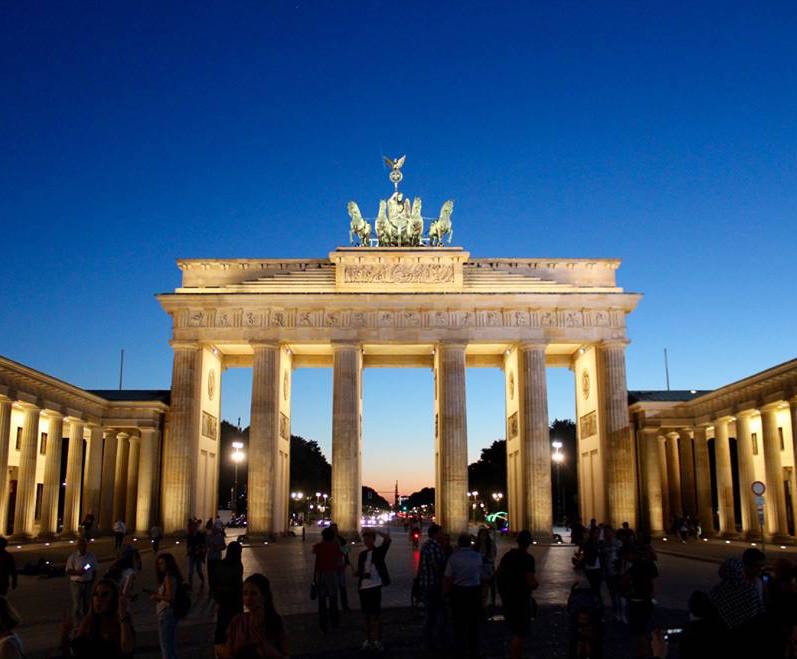
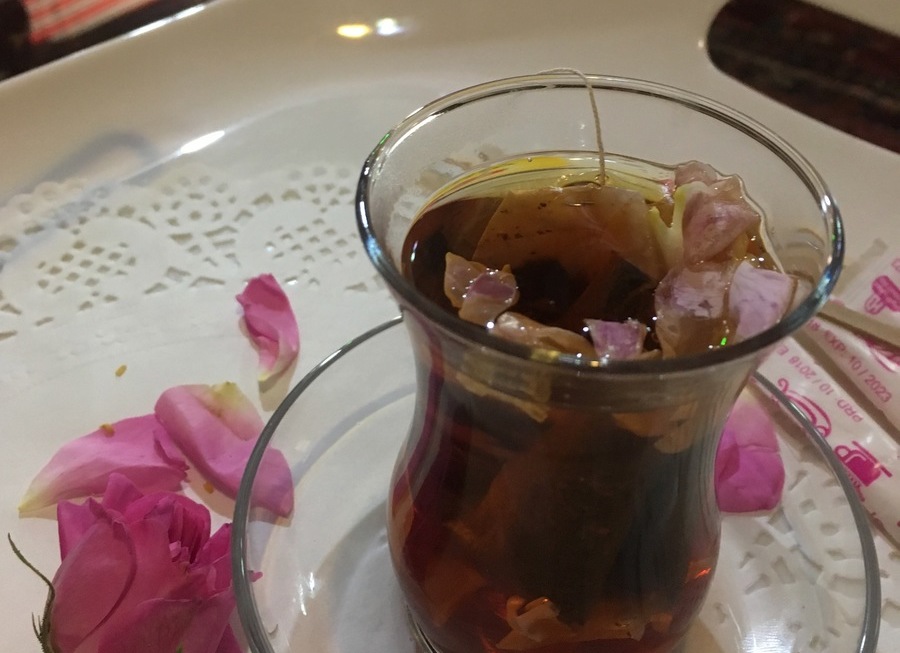


Hi Tim I totally agree with what you’ve said about Berlin – its historical significance is something you’re reminded of everywhere you go. I think it’s a real credit to Germans that they haven’t shied away from the their past but have confronted it head on and laid it bare for all to see. We did a half day walking tour when we arrived and there was a Japanese fellow on the tour who was so impressed with Germany’s openness about their role in WWII compared to his country. Berlin is also alive and vibrant and full of young people enjoying life. It’s a ‘must see’ city for so many reasons.
Thanks for reading, Sue! I agree, it’s a real credit to the Germans who have not just kept the history there, but made it part of the city’s tapestry. I loved Berlin – I’m glad you did too 🙂
loved berlin. amazing, weird and wonderful. must go back one day…
Me too <3 thanks, as always, for reading 🙂
Interesting article Tim. Although Berlin is not high on my bucket list everyone that goes there- Graeme & Sue. Rose & Ben. You & Amit… enjoy it & are impressed. Sue said it doesn’t shy away from its history.
Thanks mum! To be honest, Berlin was not really high on my bucket list either, and that’s perhaps what impressed me most about it – when I got there, I just loved it. A bit like Brussels – an unexpected gem.
It only went on my bucket list because a few friends went there and kept saying you have to go. I love German history which I studied at school and uni. Graeme has never studied history but he revelled in It because so many huge things have happened there. It’s galleries from Roman temples to Picasso and everything in between have something for everyone too.
I’m glad you enjoyed it as much as you did! It certainly seems to have something for everyone… even the food (which I didn’t love in the rest of Germany) was pretty good in Berlin!